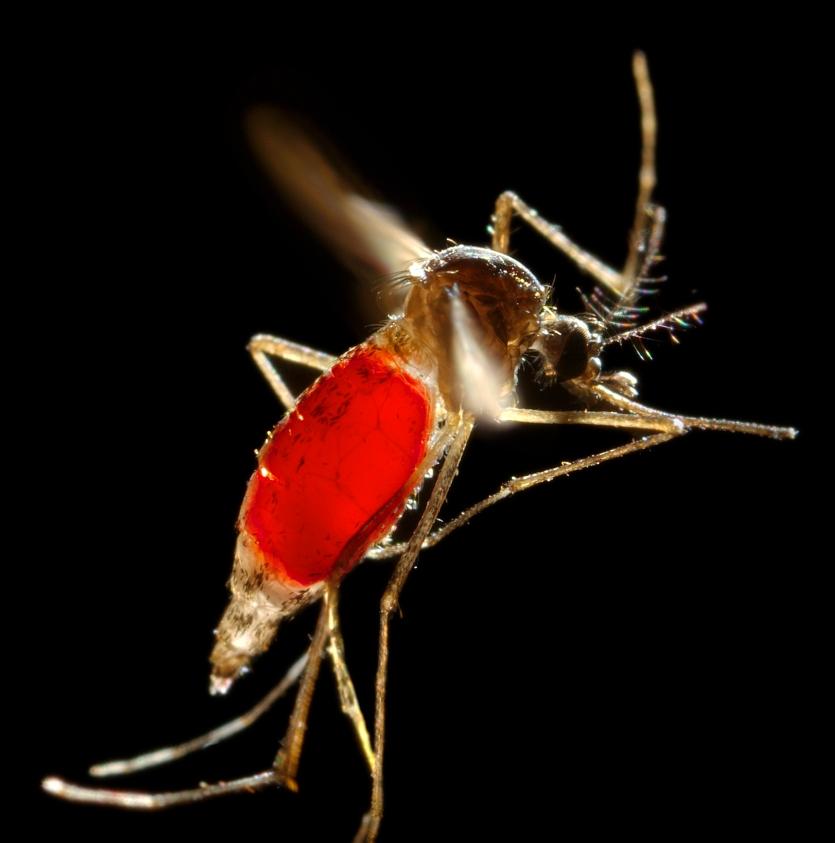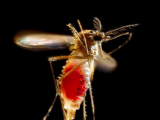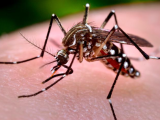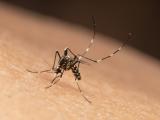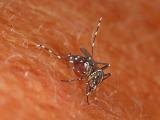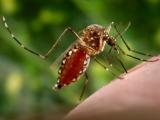The US Centers for Disease Control and Prevention (CDC) yesterday presented perhaps its most compelling evidence for a link between Zika virus infection and microcephaly, a condition of small heads and brains that has risen 10-fold in Brazil as Zika infections there have spiked, according to media reports.
The CDC is also considering warning pregnant women not to travel to Zika-affected countries, officials said.
And in related news, two National Institutes of Health (NIH) experts wrote in the New England Journal of Medicine (NEJM) yesterday that the disease presents yet another facet of the growing threat of mosquito-borne diseases to North America.
Zika detection in infants, moms
Lyle Peterson, MD, MPH, the director of the CDC's Division of Vector-Borne Diseases, said yesterday that CDC lab tests have confirmed Zika virus in the brains of two Brazilian newborns who died and in the placentas of two women who miscarried, the Associated Press (AP) reported today. All four cases involved microcephaly.
"The evidence is becoming very, very strong of the link between the two," Peterson said, adding that the findings in brain tissue are "very significant." He cautioned, however, that the link between Zika and microcephaly is not yet definitive.
"It's possible that there may be some other co-factors involved." Peterson said a team of CDC investigators is traveling to Brazil in a few weeks to conduct further studies and learn more about risks to pregnant women.
The viral finding in the infant brains was confirmed by polymerase chain reaction (PCR) and immunohistochemistry, and the placental findings were confirmed by PCR, STAT reported today. PCR is often considered the "gold standard" for viral detection.
The CDC issued a statement yesterday on the possible link between the virus and microcephaly in Brazil, but it did not reference the new findings. It said the recent incidence of encephalitis in the country was about 10 times higher than baseline.
Possible CDC travel alert
After a few US travelers had returned home with Zika virus infections, including one widely reported case this week in Houston, CDC officials are contemplating warning pregnant women against travel to Brazil and other Latin American and Caribbean destinations where Zika infections have been confirmed, the New York Times reported today.
No cases of locally acquired Zika infection have been reported in the 50 states, but officials in Puerto Rico reported one infection in a resident who had not traveled.
In its current travel notices for the Zika-affected areas, the CDC warns pregnant women to take extra precautions.
CDC officials said a travel warning would be the first time the CDC advises pregnant women to avoid a specific region during an outbreak, the Times noted.
CDC spokesman Tom Skinner said the agency hopes to make an official announcement today or tomorrow. "We can't make these decisions in a vacuum," Skinner said. "We're consulting with other experts outside."
Some infectious disease experts say a warning is appropriate, but could devastate tourism in the affected countries, according to the Times story.
An arbovirus onslaught
In their NEJM commentary, the NIH's Anthony S. Fauci, MD, and David M. Morens, MD, said the surge of Zika virus disease in the Americas is confounded by recent surges in other arboviruses like chikungunya, West Nile, and dengue. Arboviruses are spread by arthropods like mosquitoes and ticks.
"With its recent appearance in Puerto Rico, Zika virus forces us to confront a potential new disease-emergence phenomenon: pandemic expansion of multiple, heretofore relatively unimportant arboviruses previously restricted to remote ecologic niches," the experts, with the NIH's National Institute of Institute of Allergy and Infectious Diseases (NIAID), wrote.
Fauci is NIAID director, while Morens is Fauci's senior scientific advisor.
They note that Zika virus infections have been historically mild, with the exception of the possible link to microcephaly as well as potential ties to Guillain-Barre syndrome and other neurologic conditions.
The presence of other arboviruses, however, has compounded the situation, Fauci and Morens write.
"In a 'pure' Zika epidemic, a diagnosis can be made reliably on clinical grounds. Unfortunately, the fact that dengue and chikungunya, which result in similar clinical pictures, have both been epidemic in the Americas confounds clinical diagnoses.
"Specific tests for dengue and chikungunya are not always available, and commercial tests for Zika have not yet been developed. Moreover, because Zika is closely related to dengue, serologic samples may cross-react in tests for either virus."
They add that gene-detection tests like PCR can accurately differentiate the three viruses, but Zika-specific tests are not yet widely available.
The two experts emphasized mosquito-control efforts and avoiding mosquito bites to prevent Zika virus disease, similar to the approach used with yellow fever, which is transmitted by the same mosquito species.
Fauci and Morens said vaccine development might be straightforward given that flavivirus vaccines—such as for yellow fever—currently exist. But a Zika virus vaccine could face similar obstacles as those faced by vaccines for chikungunya, West Nile and others: the preventive vaccination might be cost-prohibitive, and waiting to control an outbreak might be too slow of an approach.
See also:
Jan 14 AP story
Jan 14 STAT report
Jan 13 CDC statement on Zika and microcephaly
Jan 14 New York Times article
Jan 13 NEJM commentary
